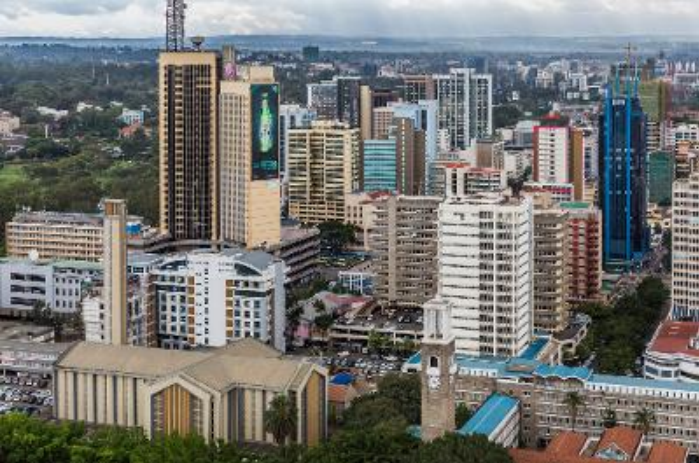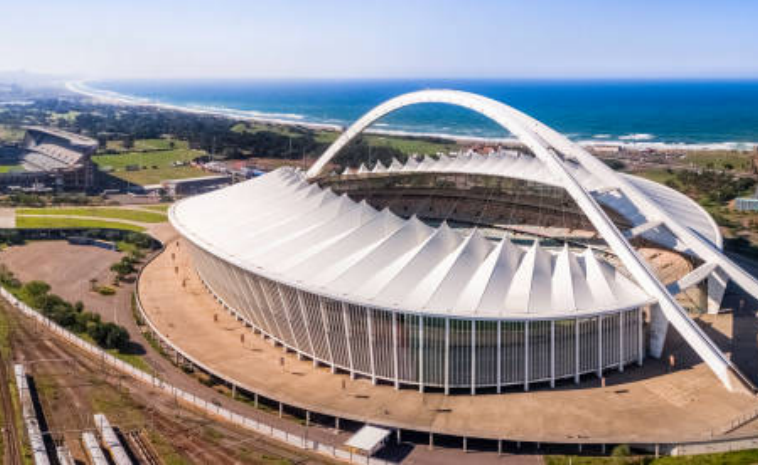As Rwanda gears up for its 2024 presidential election, all eyes are once again on President Paul Kagame, a leader whose influence and leadership have shaped the nation’s trajectory over the past two decades. At the helm since 22 April 2000, Kagame’s tenure has been characterized by efforts to rebuild the nation and promote unity.
President Kagame came to power in the aftermath of the 1994 Rwandan Genocide, a harrowing period that saw the massacre of approximately 800,000 people in just 100 days according to a BBC report. Kagame, leading the Rwandan Patriotic Front (RPF), ended the genocide and established a new government. His rise to power marked the beginning of a new chapter for Rwanda.
Under Kagame’s leadership in the past two decades, Rwanda has been lauded for its impressive economic growth and development. Trading Economics reports that the nation’s GDP grew at an average annual rate of 7.28% between 2000 and 2024, making it one of the fastest-growing economies in Africa. Initiatives such as Vision 2020 and Vision 2050 set ambitious goals for the country’s development, focusing on sectors like technology, infrastructure, and agriculture.
Key Achievements Under Kagame’s Leadership
The Global Living Wage Coalition reports that Rwanda’s poverty rate fell from 58.9% of the population in 2000/2001 to 38.2% in 2016/2017, based on the national poverty line. While it is argued that over one-third of the population remains below the poverty line, with 16% categorized as extremely poor, improvements across various sectors tell a different story.
Kigali, Rwanda’s capital, has become a hub for tech innovation, earning the nickname “Silicon Savannah.” Kagame has been lauded for transforming Rwanda into this regional financial hub post-genocide. Initiatives like the Kigali Innovation City are gradually attracting global tech companies and promoting local startups. The introduction of community-based health insurance has led to significant improvements in healthcare access and outcomes, with life expectancy rising from 49 years in 2000 to 69 years in 2019.
Rwanda has been proactive in addressing climate change, implementing policies aimed at environmental sustainability. The country has banned single-use plastics and invested in renewable energy projects.
Kagame’s administration has been praised for maintaining political stability and promoting good governance. Rwanda is often cited as one of the least corrupt countries in Africa, ranking 49th out of 180 countries in the 2021 Corruption Perceptions Index by Transparency International.
The government’s zero-tolerance policy towards corruption and efforts to streamline public services have contributed to this reputation. Rwanda’s role in regional stability, particularly in the Great Lakes region, will be a focal point in Kagame’s fourth tenure. While the government has been involved in various peacekeeping missions and diplomatic efforts, tensions with neighboring countries, such as the Democratic Republic of Congo, continue to pose challenges.
Paul Kagame’s Potential Re-election Outlook
Rwandan President Paul faces two opposition candidates who have modest expectations. His only challengers are those approved by the state-run electoral commission, while six others were disqualified. His potential re-election could continue Rwanda’s stability but will also draw global attention due to allegations of human rights abuses and ongoing tensions with the DRC.
Reports of repression, lack of political pluralism, and limited freedom of expression have raised concerns during Kagame’s tenure. Opposition parties and figures have reported harassment, imprisonment, and even disappearances. The 2017 presidential election, in which Kagame won with 98.79% of the vote, was criticized for its lack of genuine competition.
Scrutiny from Western nations and human rights activists increased after Rwanda’s 2022 migration deal with Britain to accept asylum seekers. Despite these accusations, which the Rwandan government denies, Kagame has campaigned on promises of continued development and stability.


